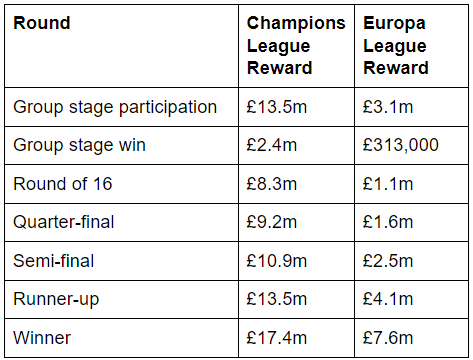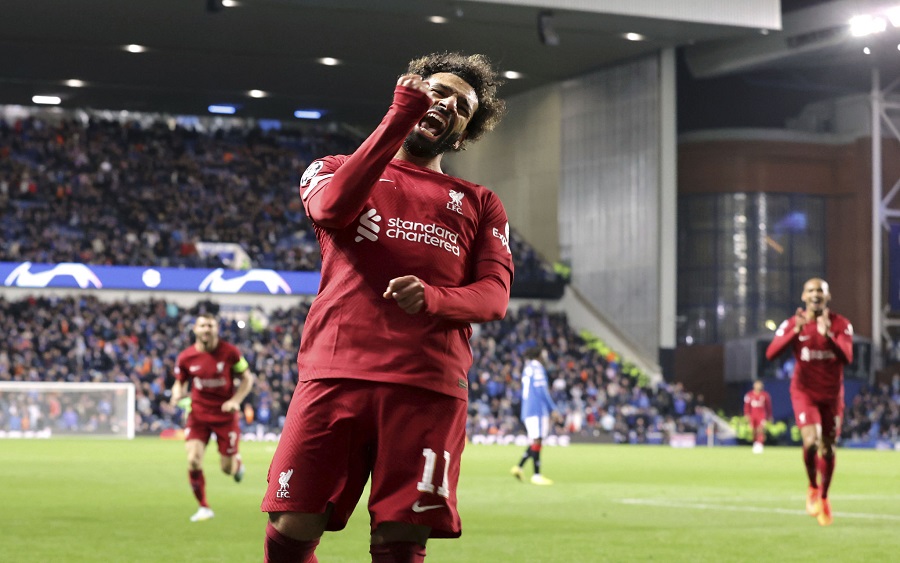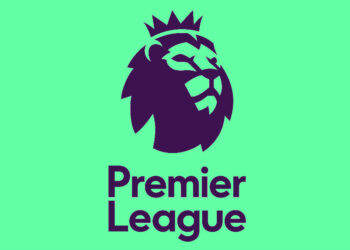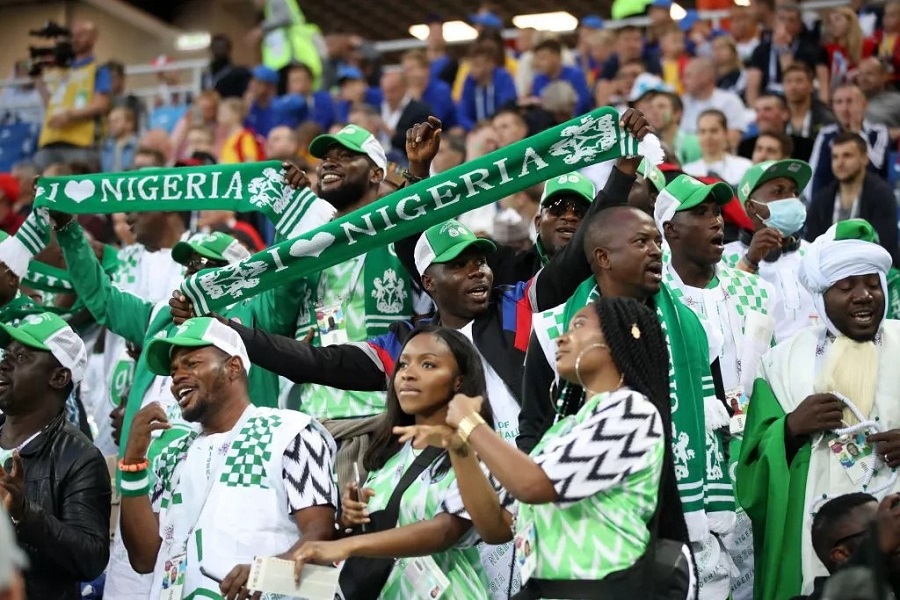Article summary
- Man United’s 4-1 victory against Chelsea on Thursday confirmed Liverpool can no longer qualify for the UEFA Champions League next season.
- The Reds have been UCL regulars in recent seasons, appearing in all editions since 2017.
- A drop to the Europa League also means a drop in the financial incentives, and it does not look too good on Liverpool’s accounts.
Liverpool’s hopes of securing a UEFA Champions League qualification were dashed as Newcastle United and Manchester United secured the final two spots.
The Anfield faithful, buoyed by a string of impressive victories, were optimistic about their late charge for a Champions League spot.
With the first two spots already racked up by Manchester City and Arsenal, Liverpool fans hoped either Newcastle United or Man United would do them a favor by letting them continue their appearance streak at the Champions League.
Newcastle drew 0-0 with Leicester City on Monday, to pick up the third qualification ticket, while United clinched the final spot with a resounding 4-1 drubbing of Chelsea on Thursday, to effectively end Liverpool’s hopes.
Liverpool forward, Mohamed Salah said there was no excuse for his side’s failure to qualify for the Champions League next season.
- “I’m totally devastated,” Salah tweeted just after the United game. “There’s absolutely no excuse for this.
- “We had everything we needed to make it to next year’s Champions League and we failed. We are Liverpool and qualifying for the competition is the bare minimum. I am sorry but it’s too soon for an uplifting or optimistic post. We let you and ourselves down.
Liverpool manager, Jurgen Klopp was a bit reluctant when he was questioned about the prospects of playing in the Europa League, rather than the Champions League. Instead of Tuesday, or Wednesday, it’s a Thursday.
- “This season was not great and from a financial point of view, that’s the only problem really.”
But how much of a problem is it?
Summer of Big Transfers
A team rebuild is imminent at Anfield this summer, as Klopp had admitted. But a finish outside the UEFA Champions League spots places a big question mark on the Reds’ ability to land the players they want in the ever-competitive transfer market. James Milner, Roberto Firmino, Alex Oxlade-Chamberlain, and Naby Keita are all set to leave on free transfers when their contracts expire at the end of the season.
Jude Bellingham had long been courted as a potential key figure in the Liverpool rebuild. The England international was said to prefer a move to Madrid, and no Champions League football for Liverpool casts further doubts on their chances to lure him to Anfield. Brighton’s Alexis Mac Allister and Chelsea’s Mason Mount are more likely targets, but the latter is also on Man United’s radar.
No Champions League, Less Money
This would be the second time Jurgen Klopp has failed to secure Champions League football for Liverpool since he joined in 2015/16, only the first time during a full season. Champions League qualification has been an important revenue stream for Liverpool during these years, and missing out on that places a significant hole in their balance sheets.
In the last five years, Liverpool has made roughly half a billion pounds (£422 million) through Champions League money distribution. UEFA’s annual financial reports, which are published every March, show that last season’s run to the final brought in €119,957,000 (£106m; $131m).
This alone amounts to 17 percent of their record-breaking total turnover of £594 million. Despite suffering a 6-2 aggregate loss to Real Madrid in the knockout rounds this season, the Reds are still entitled to a payout sum of around £71 million. Champions League Prize Money Compared to Europa League

Total earning pot is calculated from competition starting fees, the team’s UEFA coefficient, TV revenue, and the prize money for reaching each round.
Revenue Shortfalls
Liverpool had missed out on Champions League qualification in six of the seven seasons prior to the 2016/17 season, this saw them fall miles behind Europe’s elite clubs. Progression in Deloitte’s Money League, which is a measure of Europe’s most powerful football clubs, is a testament to how Liverpool has grown in every metric in the last six years.
Liverpool earned more revenue than Barcelona, Man United, and PSG last season, placing them third in the Deloitte Money League, only behind Manchester City and Real Madrid.
























